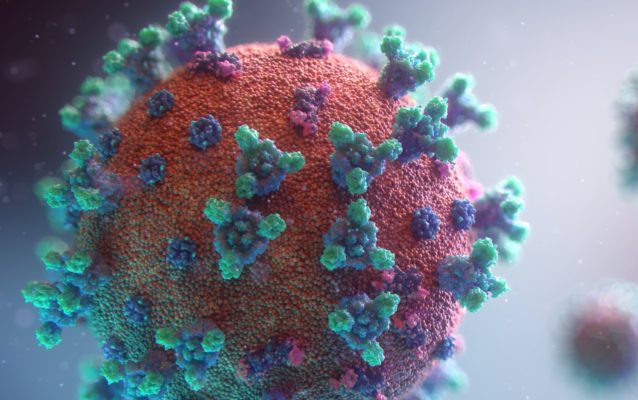If you’d forgotten, the State of Florida impaneled a Grand Jury to determine “whether pharmaceutical companies and other medical organizations engaged in criminal activity or wrongdoing’ in their participation in the rollout of COVID-19 “vaccines.” They’ve released their first interim report.
We don’t have details on any criminal activity by big pharma yet, but don’t be surprised if further reports find a connection. The most recent release tells us that based on the Grand Jury Investigation, most, if not all, of the things you’ve been saying, reporting, or sharing about masks, distancing, lockdowns, and hospitalization are true.
We knew you knew, and we also know the folks clinging bitterly to their non-pharmaceutical interventions will say something like, this is from Florida, so it doesn’t matter. It does. The report makes time to address the makeup of the Grand Jury (random selection, like any jury) and explain their approach and process. Let’s say it appears they were more thorough than the FDA.
For reporting context, they explain cooperation issues, safety, efficiency, and the five levels of risk, including infection, hospitalization, and death. The report discusses pandemic modeling and pharmaceutical interventions, the problems with lockdowns, masks, and distancing. There’s a good bit of actual science in there, so our more progressive lurkers might want to stay away. It could damage your pandemic paradigm.
You should read it, but to generalize, lockdowns appear to have done more harm than good (surprise!). Masks, almost impossible to be worn correctly by the average Jane or Joe, did not prevent infection or spread (sort of like the COVID-19 vaccine, eh?), and while N95s were capable of some good, multiple potentials for failure likely made them useless. If you recall, we reported on OSHA rules that required training for mandating N95 and K95 masks in a workplace (ignored, of course) and how, even then, the avenues for failure were enormous.
The report also does a great job on two other points. A full review of infection and hospitalization data suggests inflation on both counts. In other words, as you suspected, the data was so incomplete as to be incapable of meaning. This problem also plagued the data on the risk to children, who were never at risk, as was often reported based solely on the skewed data provided by states. You could see it but somehow they could not.
To summarize, this is another repudiation of the experts who ignored their own science in nearly every respect.
As for their effect on overall SARS-CoV-2 risk, we cannot ignore the fact that these NPIs were not administered based on the best available scientific data. In fact, many public health recommendations and their attendant mandates departed significantly from scientific research that was contemporaneously available to everyone: Individuals, scientists, corporations, and governments alike. Often, this research was ignored by institutional policymakers. Occasionally it was even attacked. It is a sad state of affairs when something as simple as following the science constitutes an act of heresy, but here we are. Importantly, while some of these NPIs may have shifted risk to later in time or from one group to another or had some speculative efficacy against viral spread when used in perfect laboratory conditions, comparative evidence suggests they did not significantly change the overall risk profile presented by the SARS-CoV-2 virus in terms of excess death, especially once collateral consequences are taken into consideration.
The Grand Jury will release additional reports as investigations develop or are completed.
22nd-Statewide-Grand-Jury-First-Interim-Report (covid response)